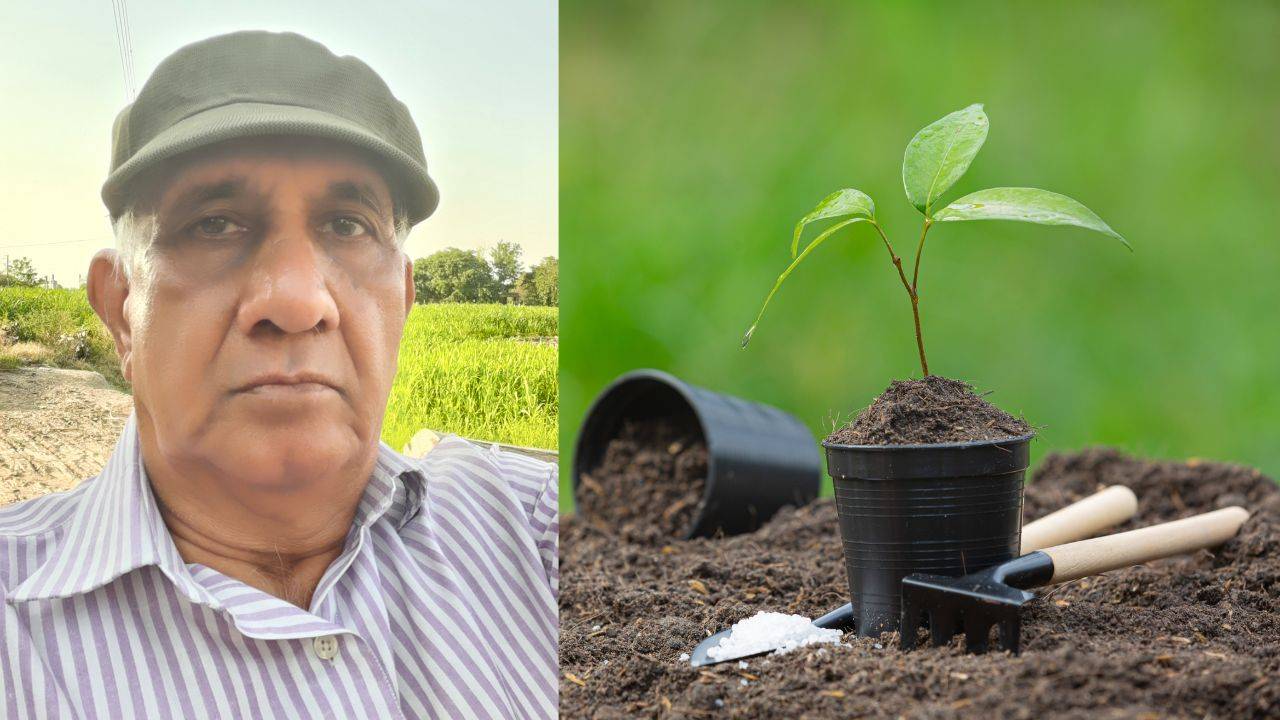The esteemed international research journal 'Plant Soil,' in the recent August 10, 2023 issue of scientists Max Farrank and Sauerne Hustead have dishonoured the validity of Nano Urea.

The esteemed international research journal 'Plant Soil,' in the recent August 10, 2023 issue of scientists Max Farrank and Sauerne Hustead has dishonoured the validity of Nano Urea.
They assert that India's largest fertilizer company, IFFCO, is engaging in deceptive promotion and marketing of Nano Urea, leading to concerns about reduced food security and eroded trust in agricultural science, particularly among farmers.
This doubtfulness about Nano Urea is not new, as respected agricultural scientists in the country have previously raised similar concerns. These experts, including Jinn, emphasize that Nano Urea cannot viably replace conventional granular urea. Neither have reputable agricultural institutions endorsed Nano Urea in their crop recommendations.
Additionally, from an economic standpoint, Nano Urea is not cost-effective for farmers. Its price of Rs 240 for half a litre is nearly equivalent to a 45 kg bag of conventional urea.
IFFCO's extensive production of approximately 5 crores bottles of Nano Urea annually, valued at Rs 1200, and its enforced distribution to farmers, is seen as an unjust exploitation of farmers. This approach threatens the nation's food security. Therefore, it is urged that the Supreme Court intervene and promptly assess the efficacy of Nano Urea.
Chemically, conventional urea contains 46% nitrogen per 45 kg bag, whereas Nano Urea contains just 4 grams of nitrogen in 500 ml (20-gram nitrogen content). The significant disparity in nitrogen content raises doubts about Nano Urea's ability to replace conventional urea effectively.
Claims by IFFCO regarding the enhanced efficacy of Nano Urea due to leaf spraying are questioned. Agricultural universities have already advised 2-5% spraying of granulated urea across crops, achieving similar benefits at a fraction of the cost of Nano Urea. Farmers can already achieve results by using conventional urea.
In the realm of agronomy, the significance of nitrogen for protein production in plants is acknowledged. Various sources of nitrogen, including soil bacteria for pulses and chemical sources like urea for cereals, contribute to plant growth.
The decline in nitrogen-rich soil has led to a 50-60% decrease in yields of crops such as cereals, oilseeds, and potatoes. In a country with a population of 139 crores, any threat to food security, such as the dubious promotion of Nano Urea by the government, poses a severe risk.
To produce one ton of wheat, rice, maize, etc., crops require approximately 20-25 kg of nitrogen. To yield 25 quintals of grain per acre, 60 kg of nitrogen is necessary, achievable by applying 120 kg of urea per acre. Even considering improved crop varieties, urea's efficacy is limited to around 60%.
Professor N.K. Tomar, an expert in soil science, contends that even if Nano Urea were 100% effective, it would yield only 368 grams of grain.
Hence, Professor Tomar's call to the Policy Commission about Nano Urea's inefficiency has gone unanswered. This situation necessitates the Supreme Court's involvement in investigating the potential harm posed by Nano Urea, safeguarding both farmers' interests and national welfare.
Dr Virender Singh Lather authored this article.









